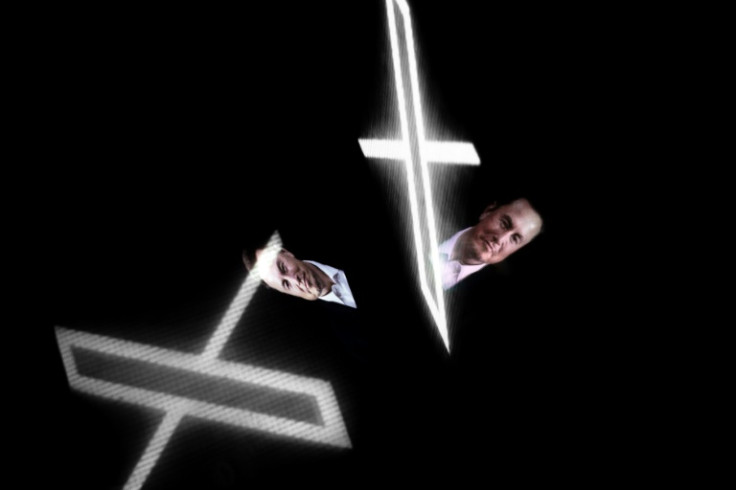
Elon Musk's social media platform X has defended itself against claims from the European Union that it is failing to tackle disinformation around the violence in Israel and Gaza.
The firm's CEO Linda Yaccarino wrote that the platform had "taken action to remove or label tens of thousands of pieces of content" and removed hundreds of accounts linked to Gaza militant organisation Hamas, which attacked Israel on Saturday.
She addressed the letter dated Wednesday to EU internal market commissioner Thierry Breton, who had traded barbs with Musk on social media on Tuesday after accusing the platform of allowing "violent and terrorist content" to circulate.
Tesla and SpaceX boss Musk bought the platform, then known as Twitter, for $44 billion last year and sparked widespread alarm by gutting its staff, including content moderators, in a bid to save money.
Breton, the EU's self-styled "digital enforcer", demanded on Tuesday that Musk and Mark Zuckerberg, whose Meta group includes Facebook and Instagram, provide details of how they were tackling "illegal content and disinformation".
He warned that they needed to comply with the Digital Service Act (DSA), which gives the EU powers to fine platforms up to six percent of their global turnover if they fail to tackle illegal content.
Yaccarino's letter, reposted by the CEO on her X account, said the firm had taken down posts that involved "violent speech, manipulated media and graphic media".
Her letter hailed the importance of the "community notes" system, which allows users to correct or add context to each other's messages.
Yaccarino wrote that more than 700 notes were added to posts in the first four days after the violence erupted in Israel, and they were seen tens of millions of times.
The European Commission told AFP it had received the letter and was deciding on its next steps.
Musk's leadership since the renewed Israel violence has drawn plenty of criticism, not just from the European Union.
Musk was forced to remove his own post recommending two accounts on X as reliable sources for Israel after many users pointed out they both had a history of spreading misinformation.
AFP factcheckers meanwhile found several posts on X, Facebook and TikTok promoting a fake White House document allocating $8 billion in military assistance to Israel.
And several platforms have had users passing off material from other conflicts, or even from video games, as footage from Israel or Gaza.
The EU recently rated X as the worst of any major platform for illegal online content, and Musk has pulled out of a voluntary EU code of practice on battling disinformation.
© 2025 Latin Times. All rights reserved. Do not reproduce without permission.




